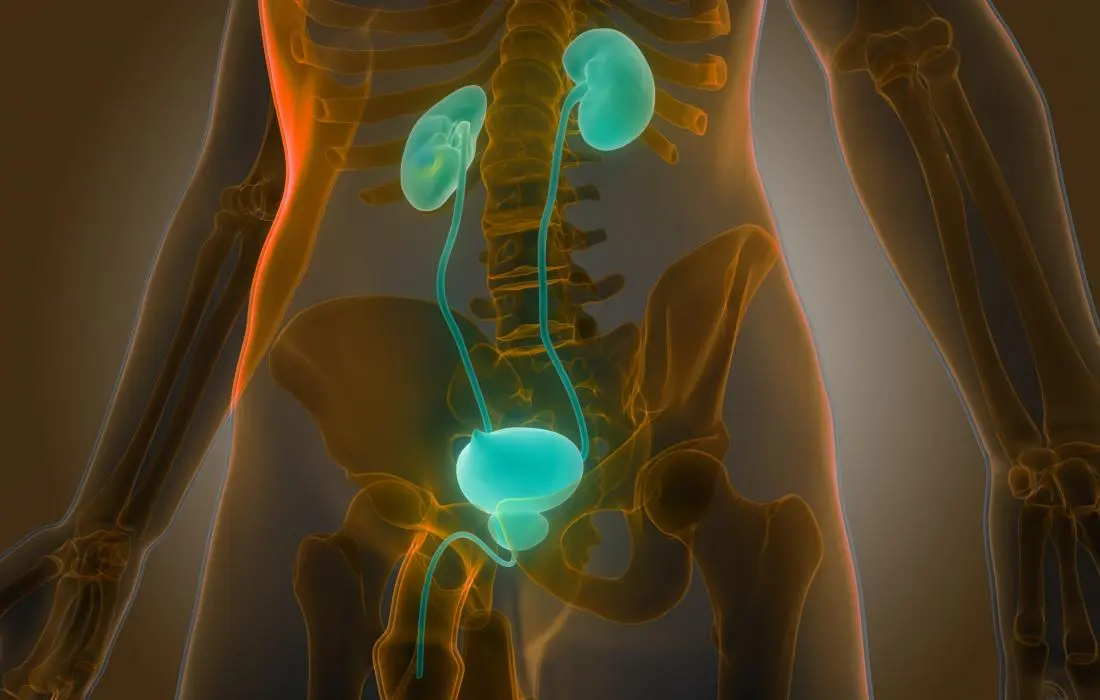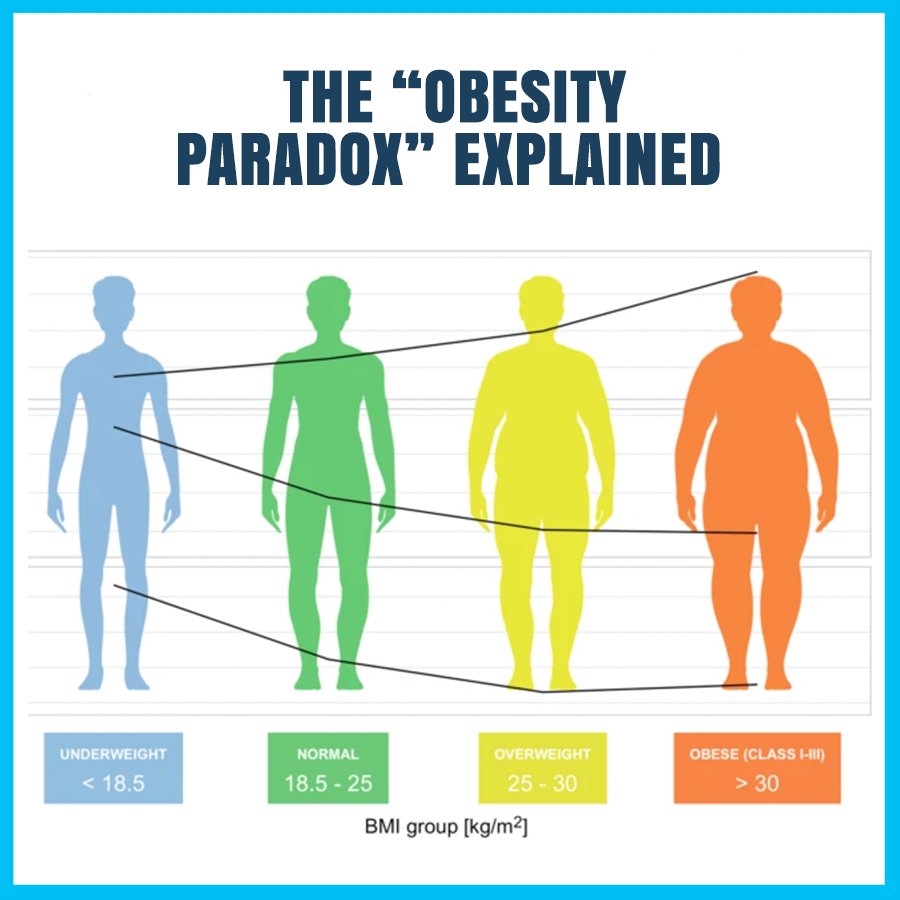Obesity has become a global epidemic, impacting millions of men worldwide and contributing to a wide range of health problems. Among these, prostate issues—including benign prostatic hyperplasia (BPH), prostatitis, and prostate cancer—have shown a significant association with excess body weight. Understanding how obesity influences prostate health is crucial for prevention, early diagnosis, and effective management. This article explores the complex relationship between obesity and prostate disorders, the underlying biological mechanisms, and the implications for men’s health. It also highlights how specialized care at Men’s Health clinics can support men facing these challenges.
I. The Growing Burden of Obesity and Prostate Disease
Obesity rates have soared in recent decades. For example, in Romania, based on projections and recent trends, the adult male obesity rate in 2025 is estimated to remain around 11%, with over 55% classified as either overweight or obese. In the United States, prostate cancer remains the second most common cancer among men. In 2025, it is projected that there will be approximately 313,780 new cases of prostate cancer, out of an estimated 2 million new cancer cases overall. Studies consistently show that higher body mass index (BMI) and central adiposity (fat distribution around the abdomen) increase the risk of aggressive prostate cancer and related mortality.

II. Understanding Prostate Issues Linked to Obesity
1. Prostate Cancer and Obesity
Prostate cancer (PCa) is the most studied prostate condition in relation to obesity. Numerous epidemiological studies and meta-analyses have found that men with BMI over 25 kg/m² (overweight and obese) have a higher risk of developing prostate cancer, especially aggressive and fatal forms.
Central adiposity measures, such as waist circumference and waist-to-hip ratio, also correlate strongly with prostate cancer risk. Each 10 cm increase in waist circumference raises the risk of fatal prostate cancer by 7%, and a 0.05 increase in waist-to-hip ratio increases risk by 6%. These findings emphasize that not just overall obesity but fat distribution matters.
2. Benign Prostatic Hyperplasia (BPH) and Obesity
While prostate cancer garners much attention, obesity is also linked to benign prostatic hyperplasia, a non-cancerous enlargement of the prostate common in aging men. Excess adipose tissue can increase estrogen levels and alter hormone balance, which may stimulate prostate growth and worsen urinary symptoms associated with BPH.
3. Other Prostate Conditions
Obesity-related inflammation and metabolic dysfunction may also predispose men to prostatitis and other chronic prostate conditions, although research here is less definitive.
III. Biological Mechanisms Connecting Obesity and Prostate Disease
The relationship between obesity and prostate issues is multifactorial, involving hormonal, metabolic, and inflammatory pathways:
- Hormonal Imbalance: Obesity reduces testosterone levels and increases estrogen production through aromatization in fat tissue. Lower testosterone and higher estrogen can promote aggressive prostate cancer phenotypes and prostate enlargement.
- Insulin and IGF-1: Obesity often causes insulin resistance and elevated insulin-like growth factor 1 (IGF-1), both of which can stimulate prostate cell proliferation and tumor growth.
- Chronic Inflammation: Excess fat tissue secretes pro-inflammatory cytokines, creating a systemic inflammatory state. Chronic inflammation is a known driver of cancer progression and may contribute to prostate tissue damage and carcinogenesis.
- Adipokines: Hormones secreted by fat cells, such as leptin and adiponectin, are dysregulated in obesity and influence cancer cell behavior and immune responses.
IV. The “Obesity Paradox” in Advanced Prostate Cancer
Interestingly, some recent research has identified what is called an “obesity paradox” in advanced prostate cancer. A study tracking over 1,500 men with metastatic castration-resistant prostate cancer found that obese patients (BMI >30) had a 10% higher survival rate over 36 months compared to thinner patients. This paradox may be due to better tolerance of treatment toxicity, protective hormonal effects from fat tissue, or interactions with medications for other conditions.
However, experts caution that this does not negate the overall risks of obesity. Maintaining a healthy weight remains the best strategy for cancer prevention and general health.

V. Clinical Implications: Screening, Diagnosis, and Treatment Challenges
Obesity complicates prostate cancer detection and treatment:
- Detection Bias: Obese men tend to have lower prostate-specific antigen (PSA) levels and larger prostate volumes, which can reduce the sensitivity of PSA testing and biopsies, leading to delayed diagnosis and more advanced disease at detection.
- Treatment Considerations: Obesity affects pharmacokinetics and may require dose adjustments. Surgical and radiotherapy outcomes can also be impacted by body habitus.
- Increased Mortality Risk: Despite some paradoxical findings in advanced disease, obesity is generally associated with higher prostate cancer mortality.
VI. Preventive Measures and Lifestyle Recommendations
Given the clear link between obesity and prostate health risks, weight management is critical:
- Maintain Healthy BMI: Aim for a BMI between 18.5 and 24.9 kg/m².
- Regular Physical Activity: Exercise reduces body fat, improves insulin sensitivity, and lowers inflammation.
- Balanced Diet: Emphasize fruits, vegetables, whole grains, and lean proteins while limiting processed foods and sugars.
- Routine Screening: Men, especially those overweight or obese, should undergo regular prostate screening as recommended by healthcare providers.

VII. Men’s Health Vietnam Center: Comprehensive Care for Prostate and Weight Management
Men’s Health Vietnam Center provides integrated care addressing both prostate health and obesity-related risks. Services include:
- Advanced Prostate Screening and Diagnostics: Including PSA testing, imaging, and biopsies tailored to individual risk.
- Personalized Weight Management Programs: Combining nutrition counseling, exercise plans, and behavioral therapy.
- Multidisciplinary Treatment: Coordinated urologic, oncologic, and endocrinologic care for prostate disease and metabolic health.
- Sexual Health and Hormonal Evaluation: Addressing erectile dysfunction and hormone imbalances common in obese men.
By linking prostate care with obesity management, Men’s Health Vietnam Center optimize outcomes and improve quality of life.
- Address: 7B/31 Thanh Thai Street, Ward 14, District 10, Ho Chi Minh City, Vietnam
- Website: menhealth.vn
- Fanpage: facebook.com/trungtamsuckhoenamgioi
- Contact: (+84) 902 353 353
 0902 353 353
0902 353 353 Giờ làm việc: 08:00 - 20:00
Giờ làm việc: 08:00 - 20:00 7B/31 Thành Thái, Phường Diên Hồng, TP. HCM
7B/31 Thành Thái, Phường Diên Hồng, TP. HCM
